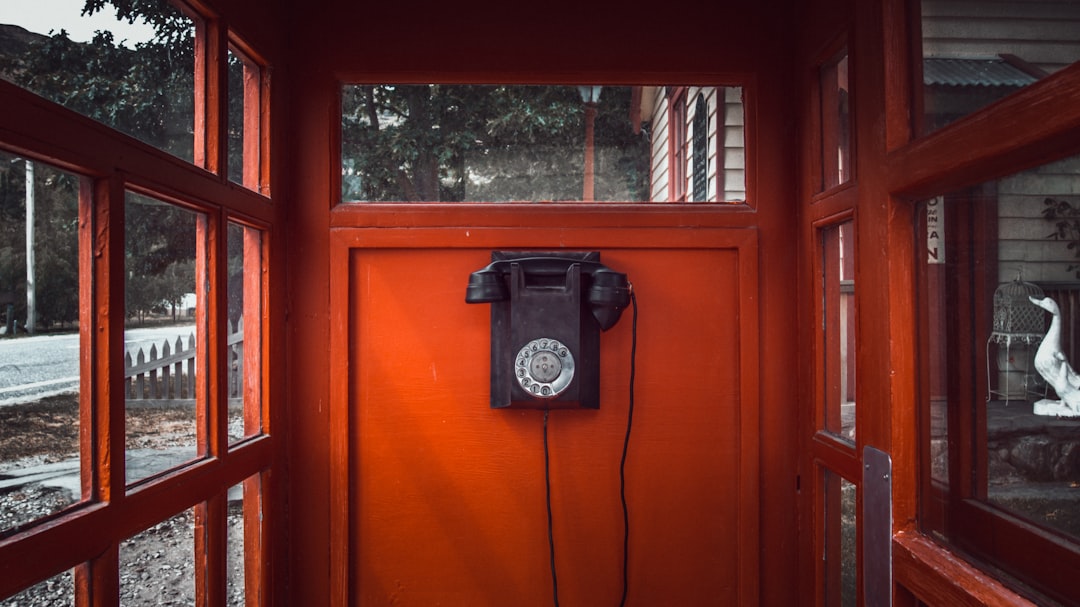In Kentucky, especially Richmond, robocall consent laws under the Telephone Consumer Protection Act (TCPA) require businesses to obtain explicit permission for automated marketing calls. Failure to do so can lead to lawsuits and significant penalties. Consumers have rights against unwanted robocalls, including the potential to sue under TCPA guidelines. Protecting privacy involves not giving numbers to unknown callers, blocking spammer numbers, documenting robocall instances, and considering legal action if harmed. "Can I Sue For Robocalls Kentucky" is a viable question with possible legal recourse.
In the digital age, robocalls have become a ubiquitous—yet often unwanted—feature of daily life. Understanding your rights and options regarding robocall consent is crucial, especially in Richmond, KY. This guide delves into the intricacies of robocall laws in Kentucky, explores if you can sue for robocalls in this state, and provides strategies to protect yourself from unwanted calls. By understanding your permissions and protections, you can take control of your phone lines and peace of mind.
What is Robocall Consent?

Robocall consent refers to the legal permission given by individuals or businesses allowing automated phone calls, also known as robocalls, for marketing or other purposes. In the United States, including Kentucky, the Telephone Consumer Protection Act (TCPA) sets forth rules and regulations governing these automated messages. Understanding and obtaining proper consent is essential to ensure compliance with TCPA guidelines, preventing legal repercussions, and respecting recipients’ privacy rights.
One significant aspect of robocall consent in Kentucky is the ability to sue for robocalls. If a person or entity makes automated calls without explicit permission, it can result in lawsuits from those receiving unwanted calls. The TCPA allows recipients to take legal action against violators, seeking damages and injunctive relief. Therefore, businesses engaging in robocalling activities must be cautious, ensuring they have the necessary consent to avoid potential Can I Sue For Robocalls Kentucky scenarios.
Robocall Laws in Kentucky

In Kentucky, robocall laws are designed to protect residents from unsolicited and unwanted automated phone calls, commonly known as robocalls. The Kentucky Attorney General’s Office outlines that while certain types of robocalls are permissible, such as those for political purposes or from non-profit organizations, businesses must obtain explicit consent before initiating automated phone calls to consumers. This means companies cannot call unless a consumer has given clear permission, often through an opt-in system.
When it comes to can I sue for robocalls in Kentucky, the state’s laws provide consumers with rights against violators. The Kentucky Division of Consumer Protection encourages residents to report suspect calls, as doing so helps identify and penalize companies engaging in illegal robocall practices. Fines for violations can be substantial, sending a strong message to businesses operating within the state’s boundaries.
Can You Sue for Robocalls in Richmond, KY?

In Kentucky, including Richmond, there are laws in place to protect consumers from unwanted robocalls. While it might seem like an overwhelming task to take legal action against a company for robocalls, understanding your rights is essential. If you’ve received persistent or unauthorized automated phone calls, knowing that you may have the option to sue could deter companies from such practices.
The Telemarketing and Consumer Fraud and Abuse Prevention Act (TCPA) provides consumers with a degree of protection against unsolicited calls. Under this law, businesses must obtain explicit consent before making automated phone calls for marketing purposes. If a company violates this rule, individuals may file a lawsuit, seeking damages for each violation. This includes the cost of any harassment or inconvenience caused by the robocalls.
Protecting Yourself from Unwanted Calls

In Richmond, KY, as in many parts of the country, robocalls can be a nuisance and even a violation of your privacy. To protect yourself from unwanted calls, it’s important to understand your rights and options. If you believe you’ve been the target of illegal robocalls, knowing that you may have grounds to take legal action could be empowering. In Kentucky, there are laws in place to prevent fraudulent or nuisance calls, including robocalls.
One crucial step is to never provide your phone number to unknown sources or unknown callers. Be wary of giving out your information over the phone, especially if you’re not expecting a call. Additionally, review your call history regularly and block any recognized spammer numbers. If you’ve been harmed by robocalls, consider documenting each instance, including dates, times, and content of the calls. This documentation could be valuable if you decide to take legal action against the perpetrators, even if “Can I Sue For Robocalls Kentucky” is a question you’re eager to answer.






